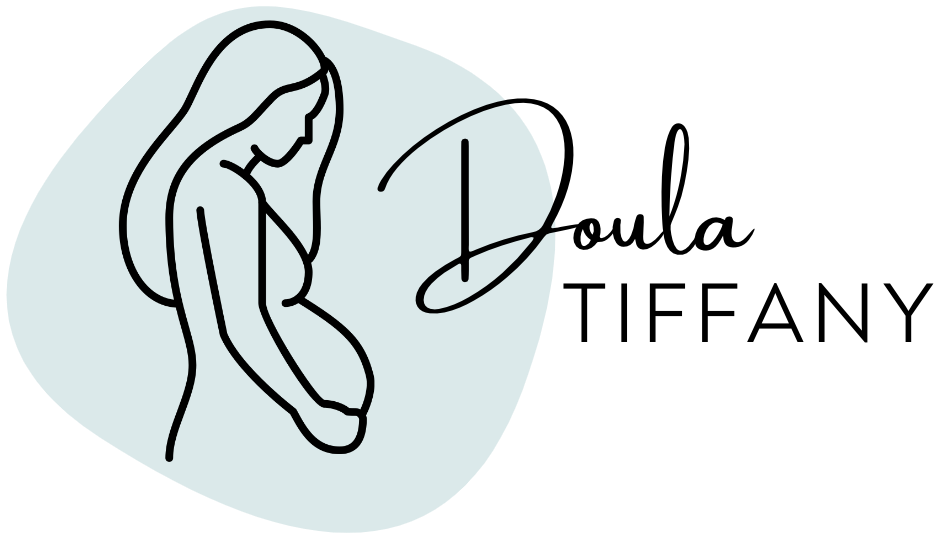FAQs
-
When should I hire a birth doula?
The sooner the better actually. Doulas offer invaluable resources all throughout pregnancy so the earlier you hire one the more time you can utilize their expertise. Typically the beginning of your third trimester is a good time to ave one secured by.
-
Can a doula replace my partner during the birth?
A doula does not replace but complements the partner's role. They can also help the partner participate at their comfort level and provide tools to support the mother.
-
Can a doula help if I’m having a caesarean birth?
Yes! A doula can provide a valuable support in helping to plan emotionally and mentally for an alternative birth outcome. She can assist with initial breastfeeding and bonding after the baby is born.
-
How do I find the right doula for me?
Trust your gut. Does the doula’s personality and style fit you and your partner? Does the language she uses feel natural to your worldview and values? -|- Determine what you’re looking for: Finding a doula who can unconditionally support you and who may have experience with the things you are planning for can make all the difference. -|- Interview more than one doula. As doulas we know how important it is for a client-doula relationship to feel connected and trusting. We also know that each doula is unique and brings different experience and skillsets to each birth.
-
How are doulas trained and regulated?
While there are no official regulations for doulas, however Tiffany is a DONA International Certified Doula. DONA provides in depth education and a high standard of practice in the doula community and requires continuing education credits to remain certified. Tiffany has multiple hands-on trainings and additional certifications to better serve the mama’s who entrust her with their birthing process.
-
What is the difference between a doula and a midwife?
Both doulas and midwives support women during pregnancy, childbirth and beyond. Midwives are healthcare professionals who provide medical care and deliver babies. Doulas, on the other hand, offer emotional, physical, and informational support, but do not provide medical care.

